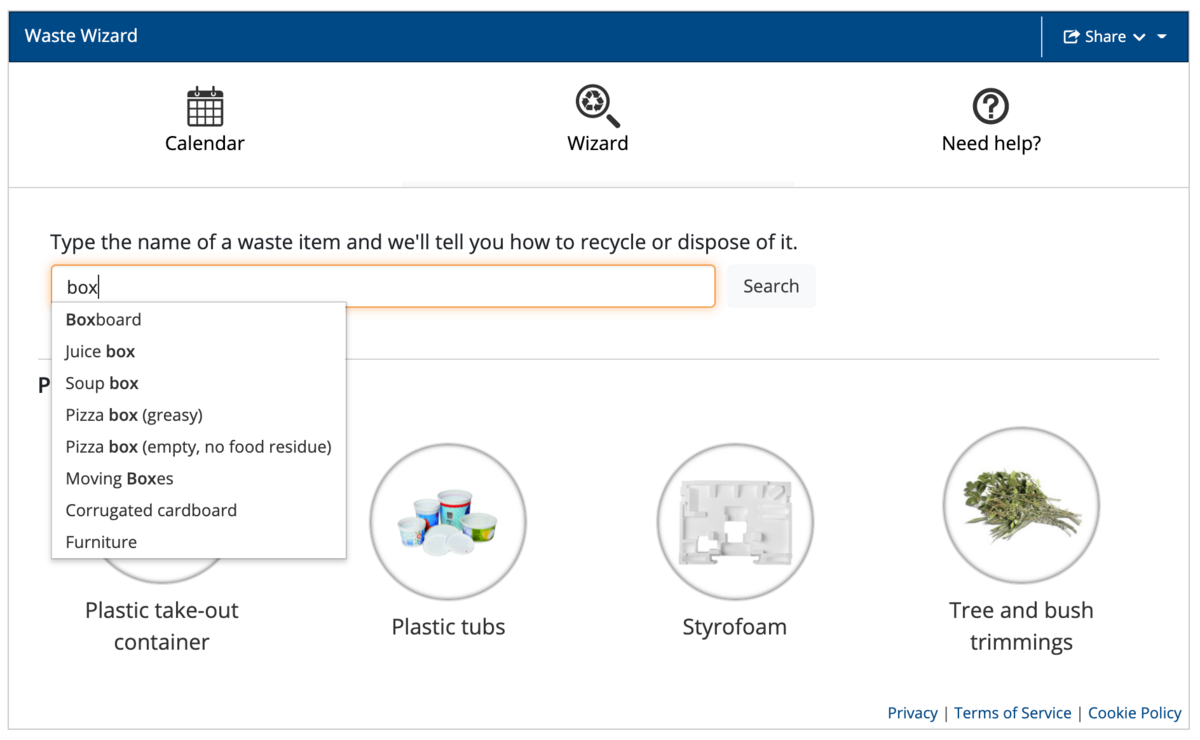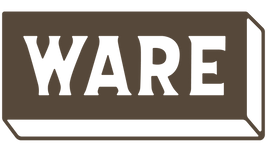
Trash etc. in Asheville and beyond
Did you know there are some things that are illegal to put into municipal trash collection? Did you also know that styrofoam isn't recyclable curbside, but that (in Asheville and surrounding areas) you can take it to Hard 2 Recycle events and Asheville GreenWorks will send it off to be properly recycled? We spend a lot of time in the shop chatting with folks about how opaque and confusing the world's waste services and systems seem to be, but there's hope!
The City of Asheville and our pals at Asheville GreenWorks teamed up to produce a simple and user-friendly database that tells you what your disposal options are in the city and county (and some surrounding areas). It's a thorough collection of items, including things like coffee grounds and computers. A rather convenient feature is that, as you type, the text box autofills, which is helpful when you're not sure what specific version of an item you're looking for. For instance, if you have a bottle, but aren't sure if you should include that it's a "motor oil bottle" - just "bottle" will get you there!

The interface is simple, but the potential impact of this tool is vast!
Every city's waste management systems are different, so this tool is going to be most helpful for folks in and around Asheville. However, some of the guidance provided in the database is more generally applicable, so feel free to check it out if you're living elsewhere in the US. Another universal tool is everyone's favorite social media platform: Facebook. (That was digital sarcasm, in case you were unsure.) There are Buy Nothing, Zero Waste, and Freecycle Facebook groups in likely every geographic region that allow you to pass along things you no longer need to folks who can use them in some capacity. In the shop, when we end up with packing materials we can't/won't send out in online orders, we turn to Facebook to give things like packing peanuts a second lease on life with a local potter.
If we're being honest, the recycling systems we have available to us in this country as a whole are absolutely dismal. In 2019, I wrote this piece on just that subject. The Sierra Club also wrote about it, if you want another resource. While we push for closed-loop manufacturing systems, it is our responsibility to use the systems that are currently available to us. For now, this database in Asheville represents some of the best practice in the US - put it to work!
As always, here is your ironic reminder from a retailer that the best way to not "create" trash is to not purchase things that will need to eventually become trash. We like to think we can help with that...

Leave a comment